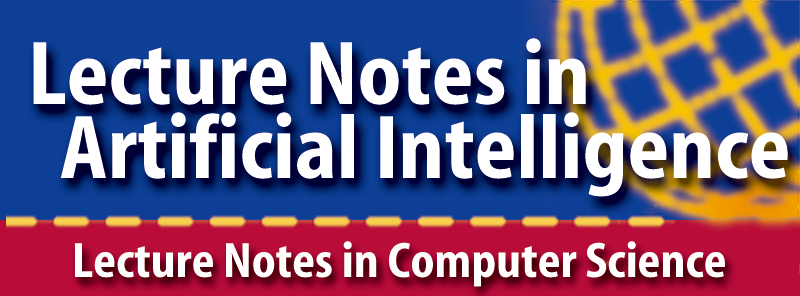
Submission
In accordance with the previous conferences, the proceedings of ECSQARU 2019 will be published in the Springer LNCS/LNAI Lecture Notes in Artificial Intelligence series. Authors are requested to prepare their conference papers in the LNCS/LNAI format. Submitted papers must be original and not under review in a journal or another venue with formally published proceedings. They will be evaluated by peer reviews based on originality, significance, technical soundness, and clarity of exposition. Authors of accepted papers are expected to attend the conference to present their work at least one author of each paper must register for the conference.
Please read the following instructions carefully:
- authors should prepare their conference papers in the LNCS/LNAI format;
- papers must not exceed 10 pages, excluding references;
- papers must be submitted electronically through
Easychair.
Papers that are not in the stated format or that exceed the page limit will not be reviewed.
Extended versions of selected papers will be published in a special issue of the International Journal of Approximate Reasoning after the conference.
Scope
For ECSQARU 2019 we invite submissions of original papers on topics which include but are not limited to:
- Applications of uncertain systems
- Argumentation systems
- Automated planning and acting under uncertainty
- Belief functions
- Belief change & merging
- Classification & clustering
- Decision theory & decision graphs
- Default reasoning
- Description logics with uncertainty
- Foundations of reasoning under uncertainty
- Fuzzy sets & fuzzy logic
- Game theory
- Imprecise probabilities
- Inconsistency handling
- Information fusion - Learning for uncertainty formalisms
- Logics for reasoning under uncertainty
- Markov decision processes
- Possibility theory & possibilistic logic
- Preferences
- Probabilistic graphical models
- Probabilistic logics
- Qualitative uncertainty models
- Rough sets
- Uncertainty & data
